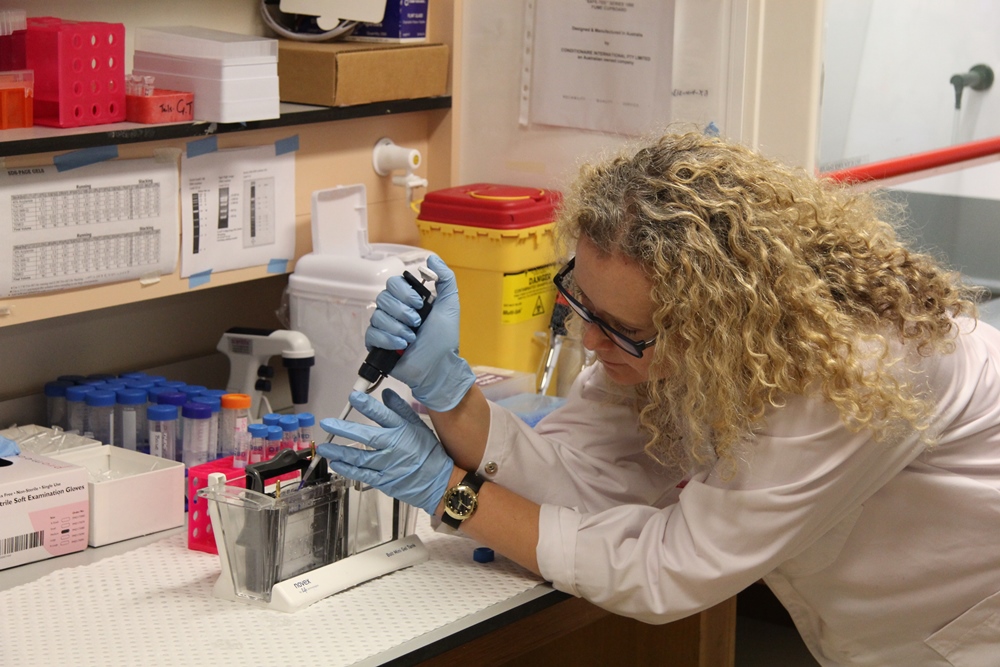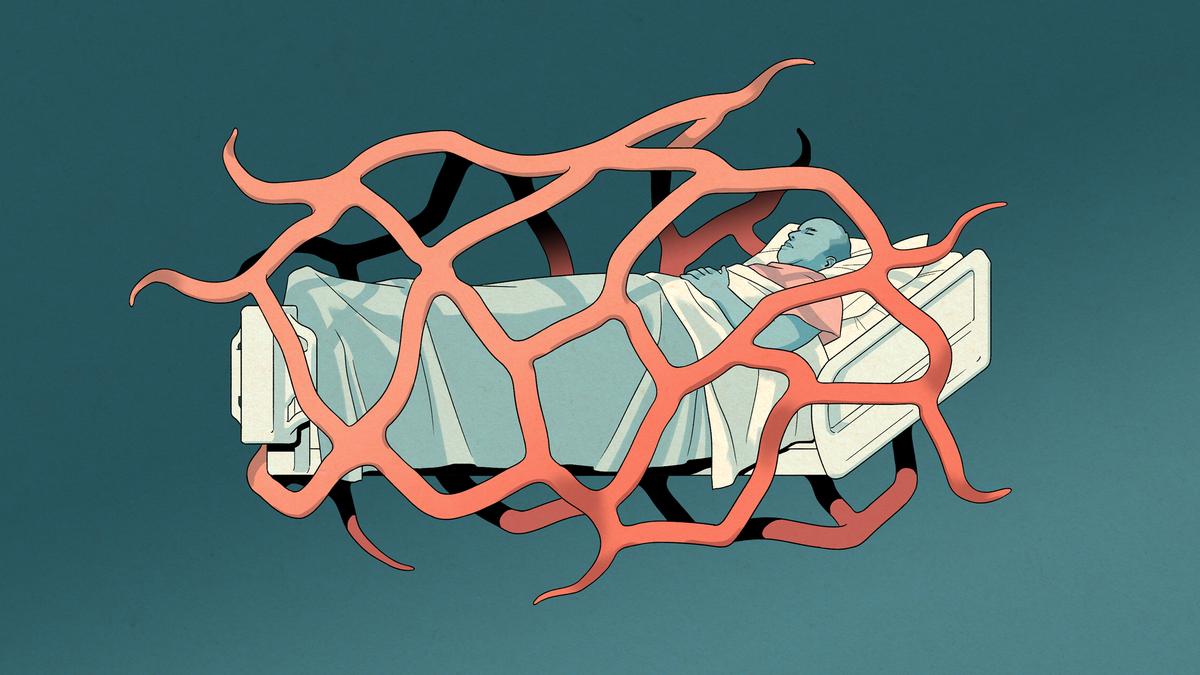In Delhi, Authorities Warn After Diethylene Glycol Detected in ‘Coldrif’ Cough Syrup
In Delhi, a major health scare has emerged following the discovery of diethylene glycol (DEG) in a batch of Coldrif cough syrup manufactured in Tamil Nadu. The chemical, commonly used in industrial products such as antifreeze, brake fluids, and paints, is not meant for medical use. Yet, tests conducted by the Tamil Nadu Food and Drug Administration (FDA) found DEG levels exceeding safe limits, triggering widespread concern across the country and prompting swift action from regulators.
The issue came to light when the Central Drugs Standard Control Organisation (CDSCO) collected several samples of Coldrif from different states. While samples from Madhya Pradesh’s Chhindwara region tested negative, those taken directly from the manufacturing site of Sresan Pharma in Kanchipuram showed alarming contamination. Following the findings, both Madhya Pradesh and Tamil Nadu immediately banned the cough syrup, and the central government initiated risk-based inspections at 19 pharmaceutical plants in six states, including detailed checks on safety practices and ingredient sourcing.
In Delhi, Health Experts Raise Concerns Over Contaminated Medicine Linked to Child Deaths
Diethylene glycol (DEG) and ethylene glycol (EG) are toxic solvents that can accidentally contaminate pharmaceutical ingredients like glycerine if manufacturers use cheaper, industrial-grade substitutes without proper quality checks. Their colorless, syrupy nature makes them difficult to detect without strict laboratory testing, which is why regulatory oversight is crucial. Unfortunately, in the Coldrif case, such safeguards appear to have failed.

The consequences of DEG and EG ingestion are severe. Once inside the body, these chemicals break down into toxic compounds that damage the kidneys, liver, and nervous system. Children are particularly vulnerable due to their smaller body weight. Initial symptoms include nausea, vomiting, abdominal pain, and reduced urine output, but these can rapidly escalate to acute kidney failure, seizures, and even death. Past incidents show how catastrophic such contamination can be — in 2022, at least 70 children in Gambia died after consuming cough syrups containing DEG.
The detection of the chemical in Coldrif has significant implications. It confirms that the syrup is unsafe for consumption and must be immediately recalled from the market. Regulatory authorities are now investigating how the contamination occurred, whether through supplier negligence, quality control failures, or deliberate cost-cutting measures. The company responsible could face strict legal action, including penalties and license suspension, depending on the investigation’s findings.
In Delhi, Government Orders Inspections as ‘Coldrif’ Contamination Raises Serious Questions
The World Health Organisation (WHO) has repeatedly highlighted the global risk of cough syrups contaminated with DEG and EG. Since 2022, these toxic substances have been linked to over 300 child deaths worldwide. In response, WHO has introduced a two-tier testing process thin-layer chromatography (TLC) for initial screening, followed by gas chromatography for confirmation to help governments and regulators quickly identify and remove contaminated products from circulation.

In Delhi and across India, the incident has reignited discussions about pharmaceutical safety and the urgent need for stronger quality control mechanisms. Experts emphasize that pharmaceutical manufacturers must conduct rigorous testing at every stage of production and ensure raw materials are sourced only from certified suppliers. Additionally, routine inspections and surprise audits can help detect violations before they reach consumers. Also Read: Special Campaign 5.0 by Department of Financial Services Commences, Targets Over 40,000 Sites for Cleanliness and Digital Efficiency
Conclusion:
The discovery of diethylene glycol in Coldrif cough syrup in Delhi and other parts of the country serves as a stark reminder of the dangers posed by lapses in pharmaceutical quality control. With children’s lives at stake, authorities are now under pressure to tighten regulatory checks, ensure accountability, and restore public trust in essential medicines.

